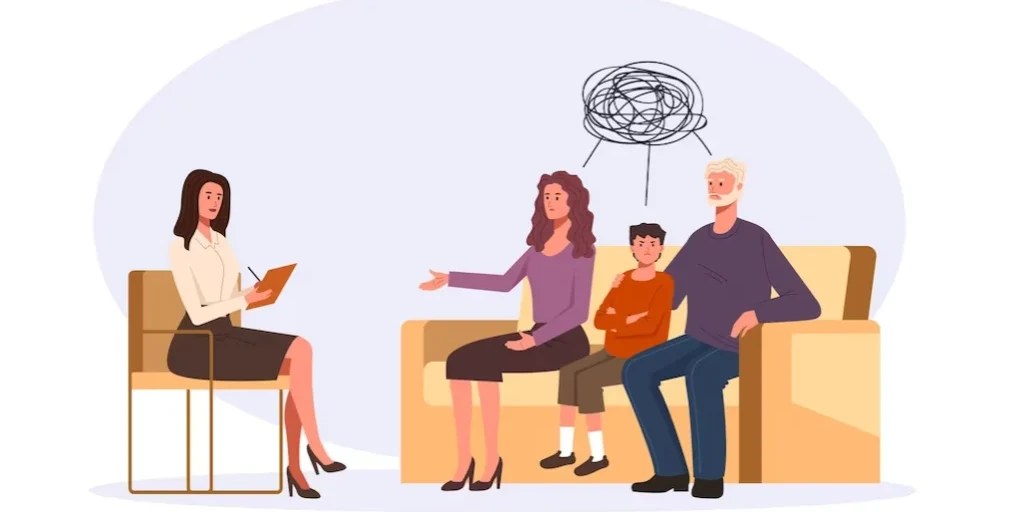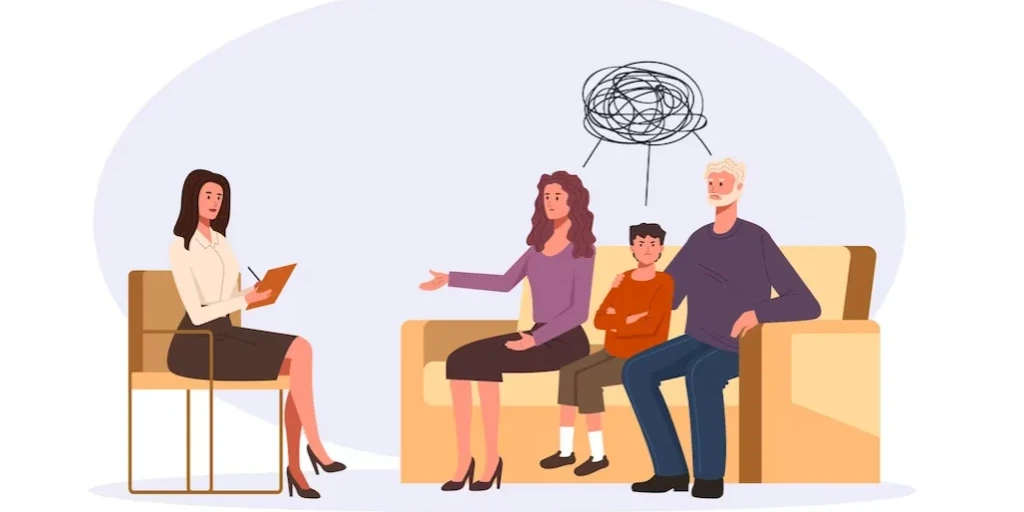24/7 Helpline:
(866) 899-221924/7 Helpline:
(866) 899-2219
Learn more about Ecstasy Detox centers in Castro County
Ecstasy Detox in Other Counties

Other Insurance Options

State Farm

Multiplan

Private insurance

Medical Mutual of Ohio

AllWell

Amerigroup

MVP Healthcare

BHS | Behavioral Health Systems

CareSource

Optima

Premera

Absolute Total Care

BlueCross
Beacon

Sliding scale payment assistance

UMR

Regence

UnitedHealth Group

WellCare Health Plans

Coventry Health Care















Dimmitt – Outpatient
Dimmitt – Outpatient is a private rehab located in Dimmitt, Texas. Dimmitt – Outpatient specializes ...











